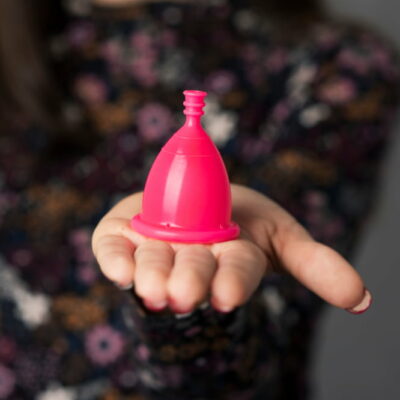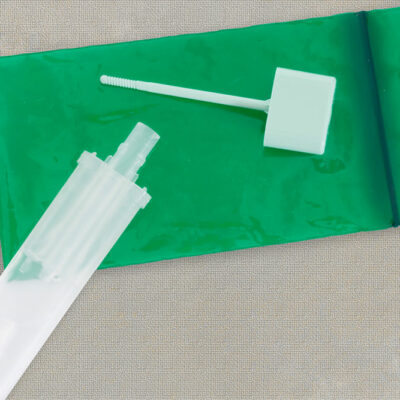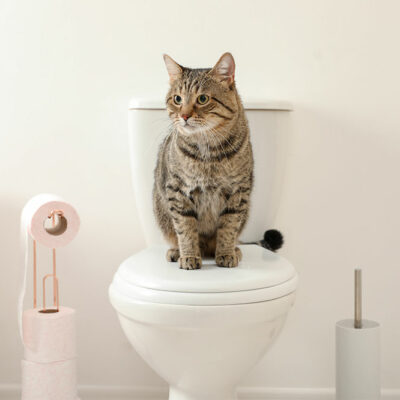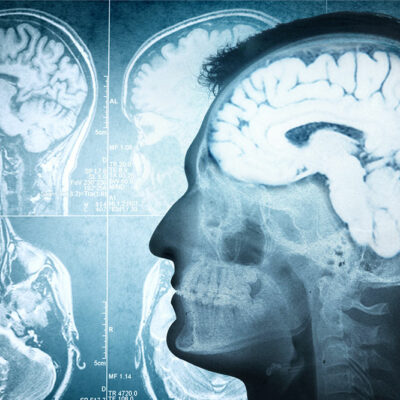
health
5 evident signs of a weakened immunity system
The immune system helps protect the body from all diseases and health complications. Without this, the body is vulnerable to diseases and chronic ailments developing and affecting daily routine. Fortunately, the body can show certain signs through flare-ups, as a weakened immune system can result in one or a combination of these known symptoms. Pay attention to these signs of weak immunity to diagnose and identify the best course of treatment. Frequent cold, fever, infections The immune system is the first and only barrier of defense for the body to protect against viruses and bacteria that trigger illnesses. So, if one develops the common cold, experiences frequent bouts of fever, and develops recurrent infections, these are all signs of a compromised immune system. The body is not able to produce white blood cells that counter and prevent these illnesses. A weakened immune system also makes it difficult for the body to recover from these diseases. Wounds don’t heal properly The immune system also provides the necessary nutrients and ensures a steady circulation of red blood cells for wounds to heal. However, decreased immunity affects these functions, so it takes longer than usual for the smallest of cuts, scrapes, bruises, and wounds to heal.




















